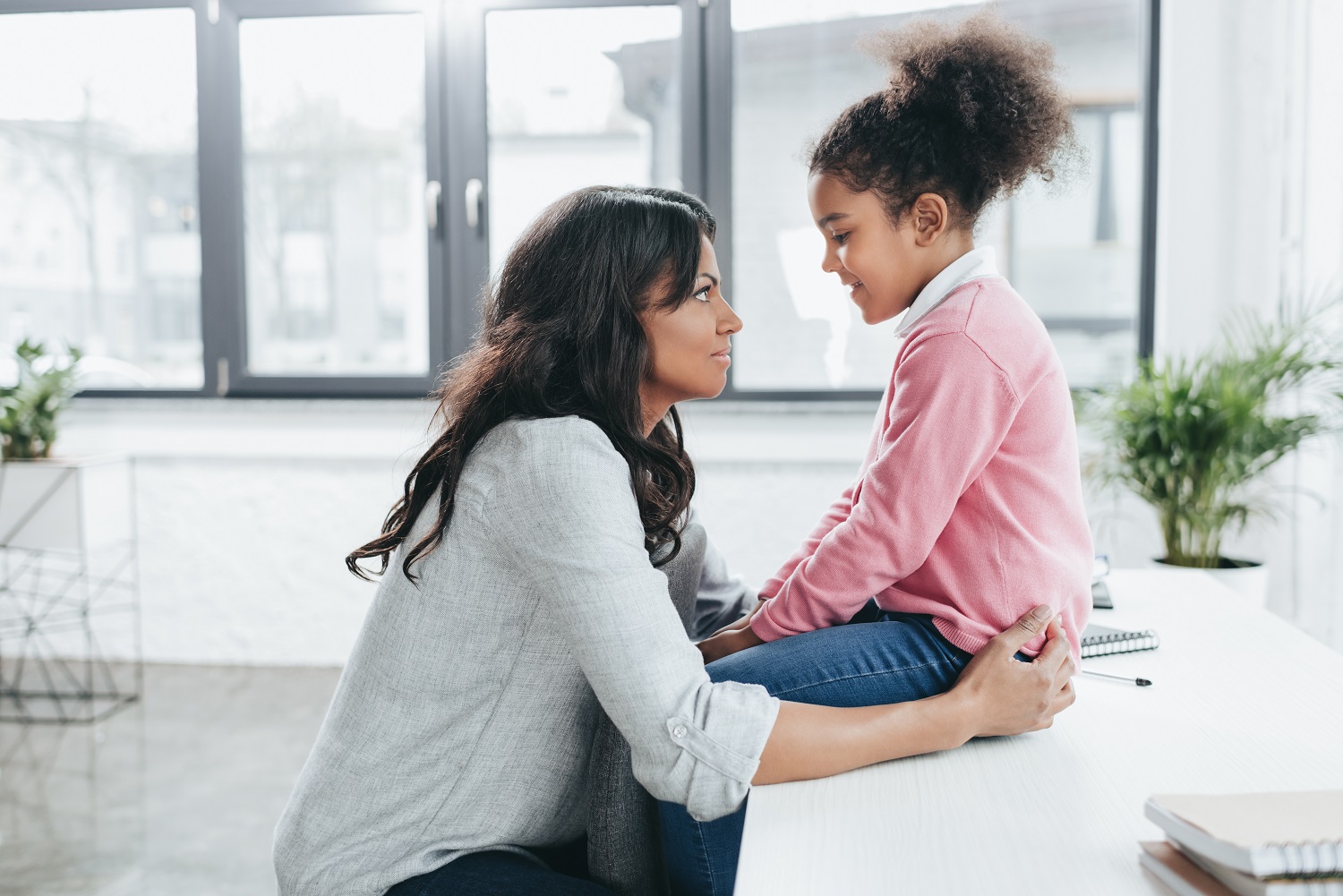The current coronavirus situation has many parents wondering how this pandemic will affect parenting time with their children. If you are wondering about the impact of COVID-19 on your parenting time schedule, you are not alone. As we continue to navigate these ever-changing times, here are some considerations for parenting time.
7 Tips for Parents & Families
The American Association of Family and Conciliation Courts provided the following guidance for parents and families who are dealing with the COVID-19 pandemic:
- BE HEALTHY. Comply with all CDC and local and state guidelines and model good behavior for your children with intensive hand washing, wiping down surfaces and other objects that are frequently touched, and maintaining social distancing. This also means BE INFORMED. Stay in touch with the most reliable media sources and avoid the rumor mill on social media.
- BE MINDFUL. Be honest about the seriousness of the pandemic but maintain a calm attitude and convey to your children your belief that everything will return to normal in time. Avoid making careless comments in front of the children and exposing them to endless media coverage intended for adults. Don’t leave the news on 24/7, for instance. But, at the same time, encourage your children to ask questions and express their concerns and answer them truthfully at a level that is age-appropriate.
- BE COMPLIANT with court orders and custody agreements. As much as possible, try to avoid reinventing the wheel despite the unusual circumstances. The custody agreement or court order exists to prevent endless haggling over the details of timesharing. In some jurisdictions, there are even standing orders mandating that, if schools are closed, custody agreements should remain in force as though school were still in session.
- BE CREATIVE. At the same time, it would be foolish to expect that nothing will change when people are being advised not to fly and vacation attractions such as amusement parks, museums and entertainment venues are closing all over the US and the world. In addition, some parents will have to work extra hours to help deal with the crisis and other parents may be out of work or working reduced hours for a time. Plans will inevitably have to change. Encourage closeness with the parent who is not going to see the child through shared books, movies, games and FaceTime or Skype.
- BE TRANSPARENT. Provide honest information to your co-parent about any suspected or confirmed exposure to the virus, and try to agree on what steps each of you will take to protect the child from exposure. Certainly, both parents should be informed at once if the child is exhibiting any possible symptoms of the virus.
- BE GENEROUS. Try to provide makeup time to the parent who missed out, if at all possible. Family law judges expect reasonable accommodations when they can be made and will take seriously concerns raised in later filings about parents who are inflexible in highly unusual circumstances.
- BE UNDERSTANDING. There is no doubt that the pandemic will pose an economic hardship and lead to lost earnings for many, many parents, both those who are paying child support and those who are receiving child support. The parent who is paying should try to provide something, even if it can’t be the full amount. The parent who is receiving payments should try to be accommodating under these challenging and temporary circumstances. Adversity can become an opportunity for parents to come together and focus on what is best for the child. For many children, the strange days of the pandemic will leave vivid memories. It’s important for every child to know and remember that both parents did everything they could to explain what was happening and to keep their child safe.
If your child is sick with something “non-critical, the child should be exchanged at regular parenting times. If the exchange location is typically the child’s school and the school is closed, you should exchange at the nearest public place to the child’s school. If no time is specified, you should use the time of 2:30-3:00 pm to exchange.
As always, any illness should be immediately communicated to the other parent, in addition to any visits or calls with the child’s doctor. Communicate everything about your child’s illness in writing.
Minnesota Specific COVID-19 Information
As of now, all non-emergency hearings and cases will likely be re-schedule to a later date or heard via telephone. You should contact your attorney if you have a hearing coming up and have not yet received guidance on how to proceed.
Resources
You can find more family and divorce related resources on COVID-19 on the AFCC website here: https://www.afccnet.org/Coronavirus
CNN has provided the following advice to parents in terms of play date and activities for children: https://www.cnn.com/2020/03/14/health/coronavirus-kids-social-distancing-wellness/index.html





